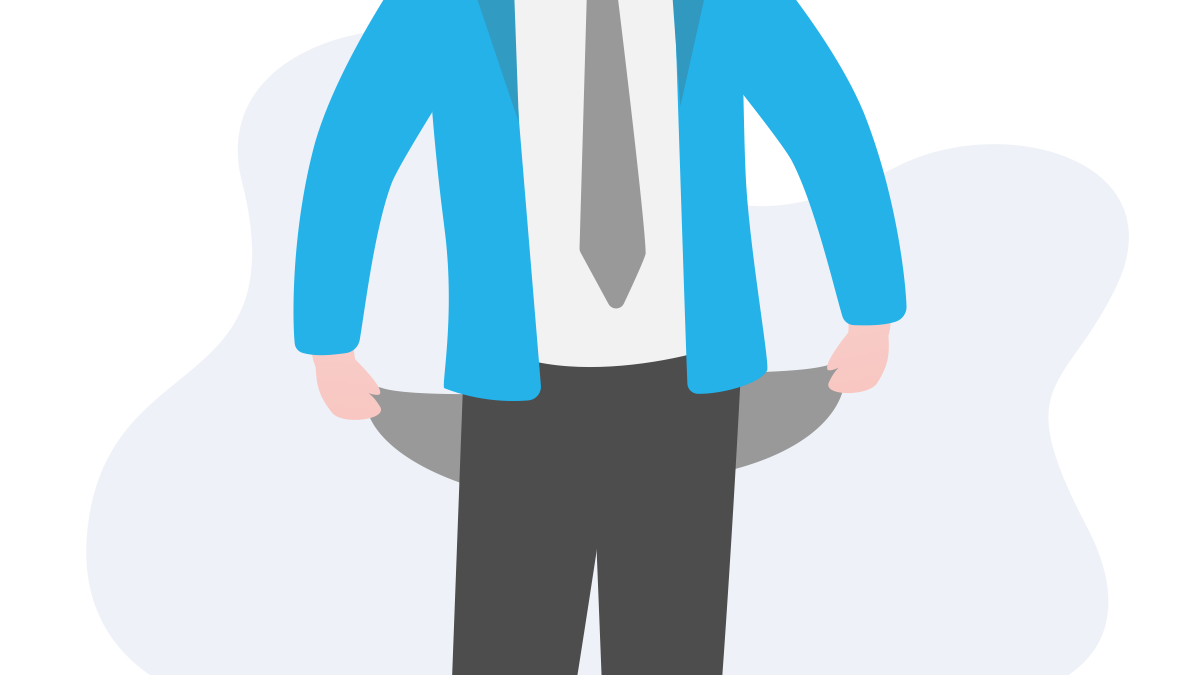Getting a Handle on Personal Debt

If you’re in debt, you’re hardly alone. According to estimates, the average American holds over $90,000 of overall debt. Trying to manage credit card balances, personal loans, auto loans, mortgage payments, and student loan debt while still maintaining daily living expenses can become overwhelming, especially when the debts seem to grow faster than you can pay them down.
Getting a handle on rising debt before it becomes overwhelming will prevent a crisis situation and keep you from falling delinquent, but it requires good personal bookkeeping practices. Keeping track of all your transactions, reconciling your accounts every month, knowing how much money is needed for living essentials, and setting up due date reminders are important steps toward getting your finances organized to prevent large, unwieldy debts from growing.
A commitment to personal bookkeeping is a good place to get started.
Get a handle on your debts before they overwhelm you. Some simple steps people have used to start reducing debts and moving toward financial freedom:
Consolidate
High interest rates on the balances you currently have keep you from making much progress toward reducing the principal. If you have multiple credit card debts at high interest rates, it can be prudent to look around for cards that allow you to transfer balances at a lower rate. Consolidation of several high interest debts will also allow you to replace multiple due dates with one fixed due date, making you less likely to have late payments that result in penalties.
Refinance
Home sales have been strong in a lot of US regions over the last few years and, despite fluctuations, have led many people to get mortgages for the first time. If you’re like most home owners, your mortgage represents the biggest debt you carry. Spending some time researching mortgage interest rates is smart and alerts you to rate changes that you may be able to take advantage of. Even a small percentage decrease on your interest rate can potentially lead to an appreciable monthly savings. Any reduction in the payment total has to be weighed against the costs of taking out the new loan, so research the terms well to find the most cost-effective products. Refinancing can be a good way to not only lower your monthly payment (freeing up more money to direct toward other debts), but it also can greatly reduce the total amount you’ll have to pay over the life of the loan.
Make a plan
No matter how big or small a personal debt, it cannot be reduced without some financial discipline. Creating a budget—and then sticking to it—is important for individuals trying to manage their living expenses while still paying down debt. It can be helpful to gather your debt statements together and make a plan about the order in which you will pay them. Recognizing signs of progress can be crucial to staying motivated, so it is important to develop a plan that is realistic to your income level, spending habits, and lifestyle. Paying down the highest interest debts first is typically the most cost-effective way to go, but if those are also high-balance debts, paying them off may feel daunting, unlikely, or overwhelming, and thus make it harder to stay motivated. In those cases, some people find that paying off a smaller, more manageable debt completely improves financial discipline and motivation by making debt elimination feel like a realistic goal. Having budgets and debt payment plans that are realistic and show progress will help keep you on track.
Use reliable services
Software services that set a budget for you and automatically categorize and record your expenses can go a long way toward helping you get set up and organized. Online programs that are free or low-cost can get you started regulating your finances without becoming another financial liability. Online check printing and mailing can be a cost-effective alternative to old-fashioned check book balancing, allowing you to print and mail checks on demand in those instances that a check payment is needed. Online check services automatically record and store all the payment information for you, thus simplifying account reconciliation and contributing positively to overall personal financial management.